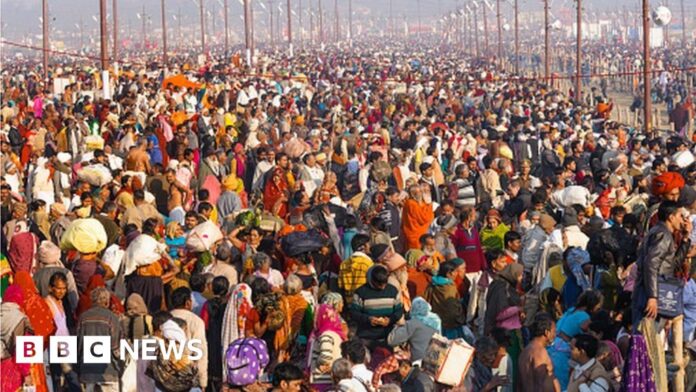What does the biggest gathering of humanity on Earth have to do with antibiotics?
Quite a bit, evidently.
Researchers from US-based institutes, supported by Lakshmi Mittal and Family South Asia Institute at Harvard University and Unicef, have found that clinics at India’s Kumbh Mela, a Hindu festival and the world’s largest religious gathering, have prescribed an excessive amount of antibiotics to the tens of thousands of pilgrims, primarily arriving with respiratory tract infections.
The more antibiotics are used, the higher the risk of developing what doctors refer to as “antimicrobial resistance”. This occurs when bacteria change over time and become resistant to drugs designed to combat and treat infections they cause. Consequently, doctors face a surge in antibiotic-resistant “superbug infections”.
The World Health Organisation (WHO) says this poses a major “global threat” to public health. Such resistance directly caused 1.27 million deaths worldwide in 2019, according to The Lancet, a medical journal. The toll is projected to rise to 10 million deaths per year by 2050, says the WHO. Antibiotics – which are considered to be the first line of defence against severe infections – did not work on most of these cases.


